Challenges and expectations intertwine
According to Savills' recently published Q4/2023 Asia -Pacific Investment Report (APIQ), it pointed out the factors driving the market, the leading segments and the prospects for attracting foreign investment in the region in general and Vietnam in particular in 2024.
Persistent challenges such as persistently high interest rates, global economic and geopolitical uncertainty continued to hamper investment activity in the Asia- Pacific region during the quarter. Preliminary estimates show that total real estate investment volume in Asia-Pacific (transactions valued at over US$10 million, excluding projects under development and pending transactions) decreased by 23.2% year-on-year.
The report shows that Japan continues to be an important investment focus, benefiting from flexible monetary policy, a weak Yen and a strong increase in tourism . Although investment in the office and residential segments has declined, investment volume remains positive thanks to the development of the retail and hotel markets.
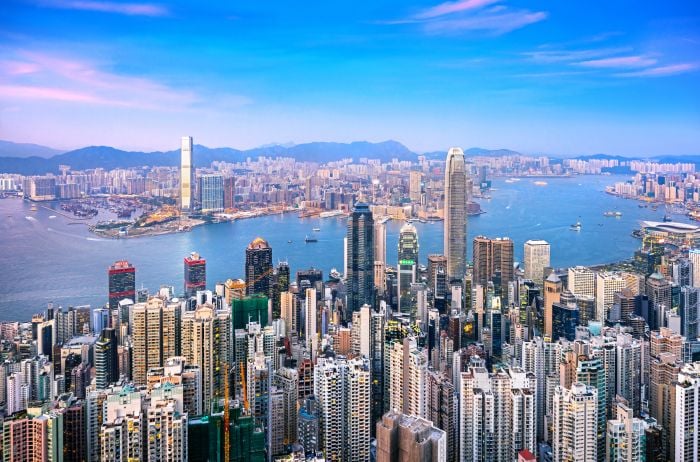
The Asia-Pacific market is facing many challenges.
In South Korea, Hong Kong and Singapore, the declines continued in the final quarter of the year due to higher financing costs and a wide gap between buyer and seller expectations. However, Hong Kong and Singapore still recorded some large transactions such as the purchase of One Island East in Hong Kong (worth $694.1 million) and the Shenton House commercial project in Singapore (worth $408.1 million).
With specific markets such as retail and hotel investment being assessed better than other segments, with growth reaching double digits in Q4/2023. Office investment continues to decline due to high borrowing costs and large yield spreads, but this is still the most interested segment, accounting for up to 30% of investment volume. Meanwhile, industrial investment in the markets decreased slightly in the quarter due to lack of factory supply.
In particular, the housing investment sector continues to show signs of stagnation, but is a bright spot in Australia thanks to the increasing number of immigrants and students.
Good signal for investor confidence in Vietnam
Despite facing many difficulties, foreign investors' interest in the Vietnamese market in general and real estate in particular is still growing. According to data from the Foreign Investment Agency, Ministry of Planning and Investment, as of December 20, 2023, the total registered foreign direct investment (FDI) in Vietnam reached nearly 36.61 billion USD, up 32.1% over the same period.
In addition, Fitch Ratings recently upgraded Vietnam's long-term sovereign credit rating to BB+ (from BB), with a "Stable" outlook. In 2024, Vietnam's GDP growth rate is expected to reach 6-6.5%, thanks to stable foreign direct investment (FDI) and the government's efforts to remove difficulties in the real estate industry, increase public investment and timely economic policies to stimulate growth.
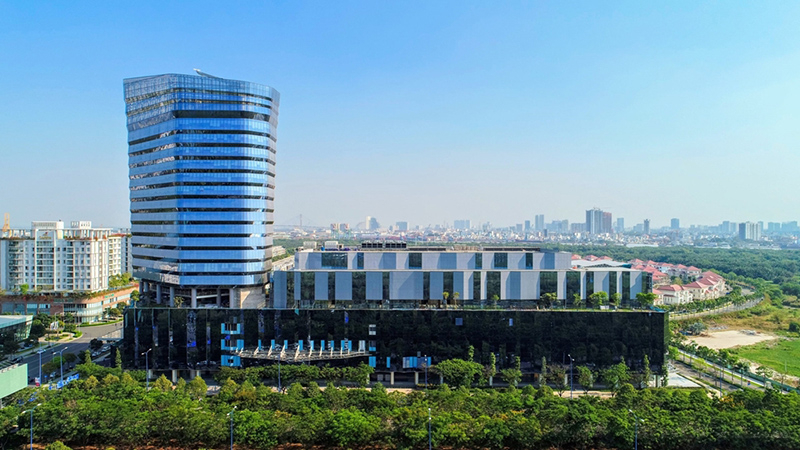
Vietnam market is still highly appreciated with increasing FDI capital flow.
In the fourth quarter of 2023, the market recorded a large amount of investment in real estate with notable deals such as HiteJinro - a large Korean beverage company invested in a factory of more than 8.2 hectares, worth more than 100 million USD in Thai Binh; Deli Group Limited Company (Deli Group) from China invested 270 million USD, using a land area of about 21.2 hectares in the Dai An Industrial Park expansion in Hai Duong; Hyosung Group (Korea) will build a factory to produce carbon fibers and materials with a total investment of about 720 million USD (nearly 17,500 billion VND) in Phu My II Industrial Park in Ba Ria - Vung Tau province,...
In the office segment alone, 85% of fast-growing companies in Vietnam are committed to ESG, which is also a factor driving the increase in demand for green offices in the market. By 2026, Ho Chi Minh City is expected to welcome 300,000 square meters of new Grade A office space. Furthermore, more than 80% of the city’s future Grade A and Grade B supply will be green.
In Hanoi, from now until 2026, 15 new projects will provide more than 389,770 square meters of office space. Grade A offices are expected to account for 86% of future supply. Green office space will account for 18% of future office space in Hanoi.
“The good news is that the market has recently received the approval of important laws, including the Law on Real Estate Business (amended), the Law on Housing (amended) and the Law on Land (amended). The approval of these laws can be seen as a positive signal for the investment market next year, boosting investor confidence. The Vietnamese market with real demand for housing as well as confidence in the office and industrial real estate sector will be the key to the start of a new cycle this year. However, we still need to wait for the sub-law documents to be able to observe clearer changes,” said Mr. Matthew Powell, Director of Savills Hanoi.
Source




![[Photo] Cat Ba - Green island paradise](/_next/image?url=https%3A%2F%2Fvphoto.vietnam.vn%2Fthumb%2F1200x675%2Fvietnam%2Fresource%2FIMAGE%2F2025%2F12%2F04%2F1764821844074_ndo_br_1-dcbthienduongxanh638-jpg.webp&w=3840&q=75)



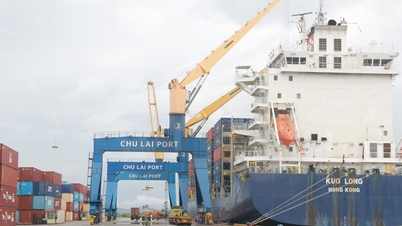

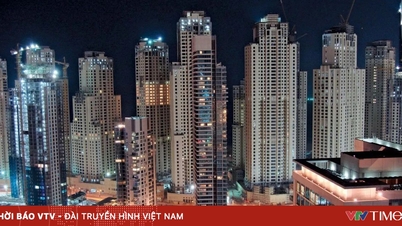

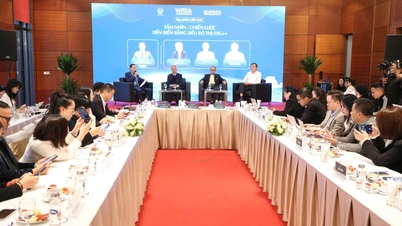


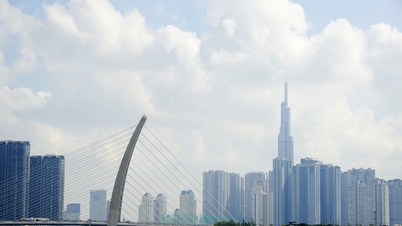

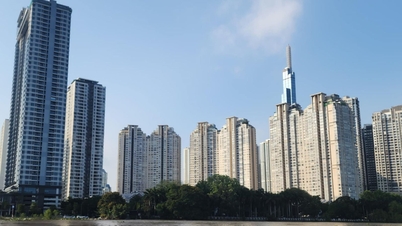














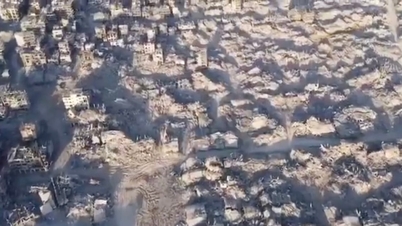





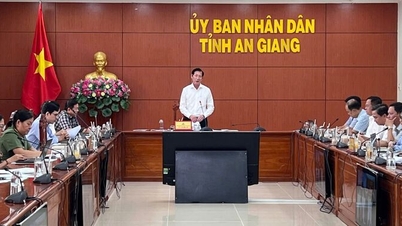

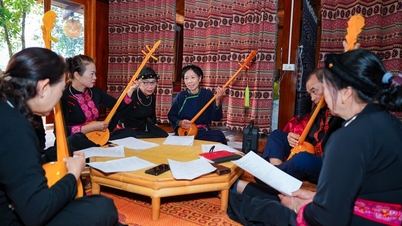



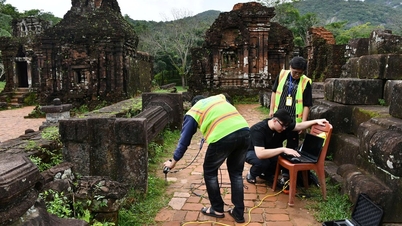




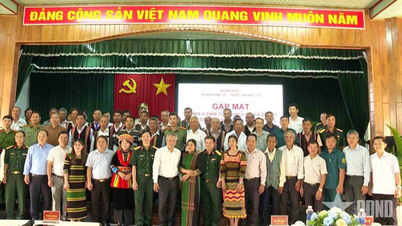



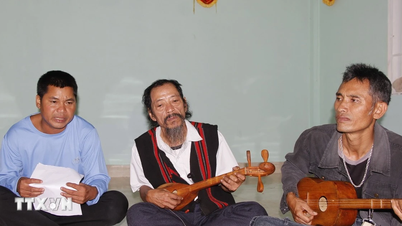




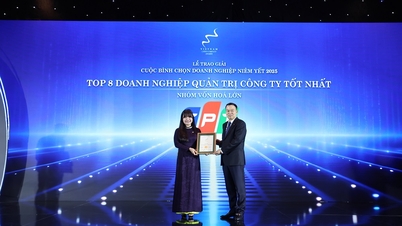

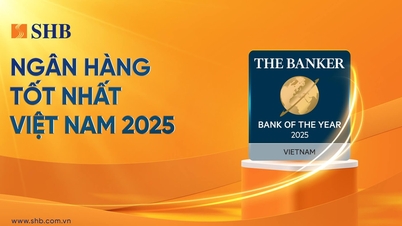
![[VIMC 40 days of lightning speed] Da Nang Port: Unity - Lightning speed - Breakthrough to the finish line](https://vphoto.vietnam.vn/thumb/402x226/vietnam/resource/IMAGE/2025/12/04/1764833540882_cdn_4-12-25.jpeg)
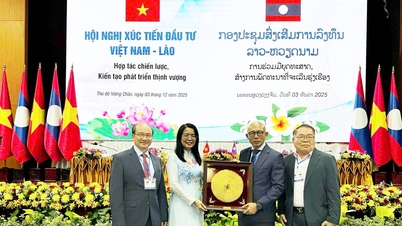

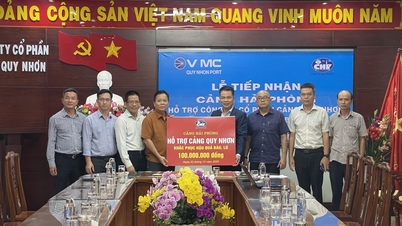




















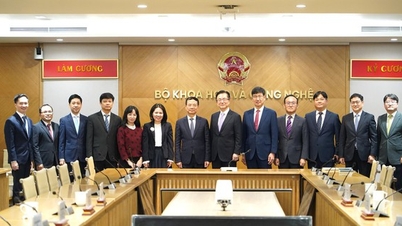



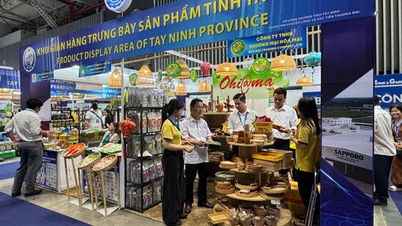





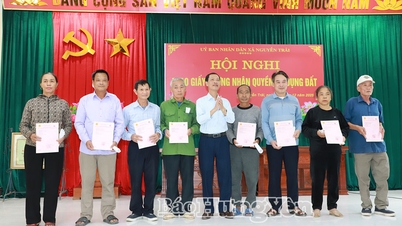

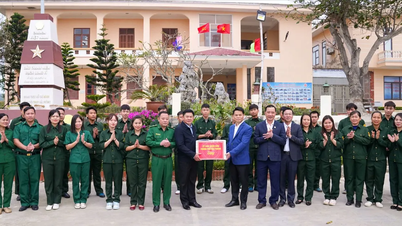









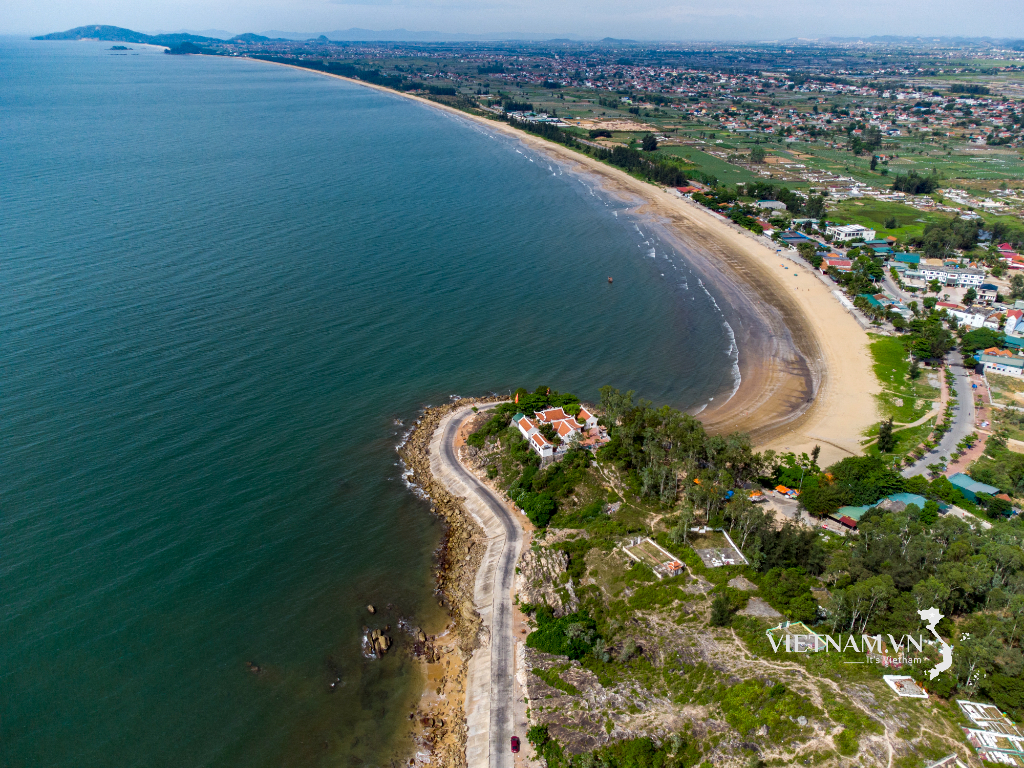


Comment (0)